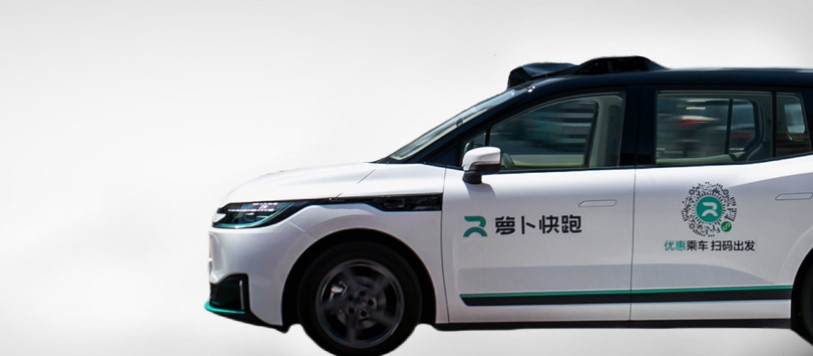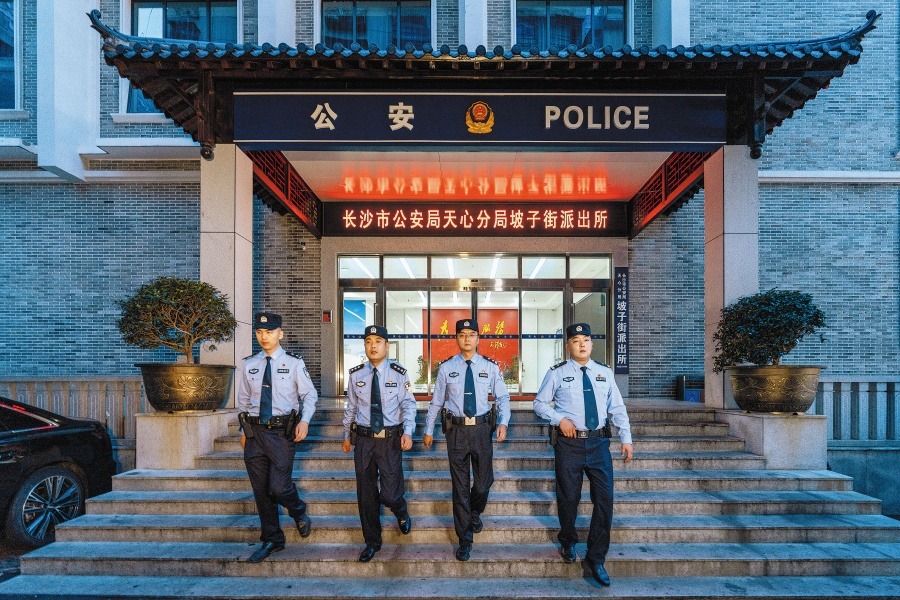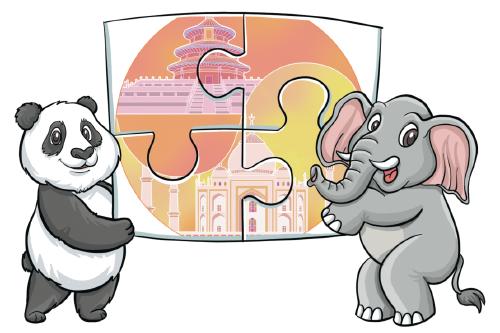AI drive in transportation should be human-centric


Driverless taxis operated by artificial intelligence are gradually becoming a common sight in China. For instance, the Chinese city of Wuhan has seen an explosive growth of such taxis, with a peak of over 20 orders per car in a single day.
Consumers find themselves paying less for the Apollo Go, the robotaxi operated by Chinese tech group Baidu's self-driving ride-hailing platform, than traditional ones run by human drivers.
In Wuhan, a 10-kilometer ride in a self-driving robotaxi costs between 4 and 16 yuan ($0.55-$2.22), whereas a regular ride-hailing service costs between 18 and 30 yuan ($2.48-$4.13).
Apollo Go started offering fully driverless ride-hailing services on open roads and received the permits to collect fees from the passengers on August 8, 2022, in Wuhan. Apart from Wuhan, Apollo Go has been granted permission to provide fully driverless ride-hailing services to the public in Beijing, Shenzhen, and Chongqing.
According to Baidu's first quarter financial report, Apollo Go has provided over 6 million rides as of April 19, 2024.
With the gradual promotion of unmanned ride-hailing vehicles, many wonder: Is unmanned driving taking away the livelihood of taxi and ride-hailing drivers? Will it eventually replace drivers?
Millions of individuals earn their livelihoods in the transportation industry. Apart from taxi drivers and ride-hailing drivers, there are also long-haul truckers and local delivery drivers. The transition to AI may herald economic disruptions.
The emergence of AI-driven technology is poised to reshape industries, and at the forefront are autonomous vehicles. According to a McKinsey report, self-driving cars could represent as much as 15 percent of global vehicle sales by 2030. This monumental shift will not only impact traditional driving roles but also ripple across sectors linked to transportation.
As humanity embarks on the irreversible journey into the AI era, it is crucial to ensure that this transformation is smooth, human-centric, and provides ordinary people with sufficient preparation time.
The shift from human drivers to AI in transportation is not just a technological matter but a deeply human one. While autonomous transportation offers great potential, it also presents significant challenges. It is the duty of professionals to adjust, promote, and guarantee that AI prioritizes the well-being of humanity and technologies are oriented toward goodness, enabling AI to better serve humanity.


































